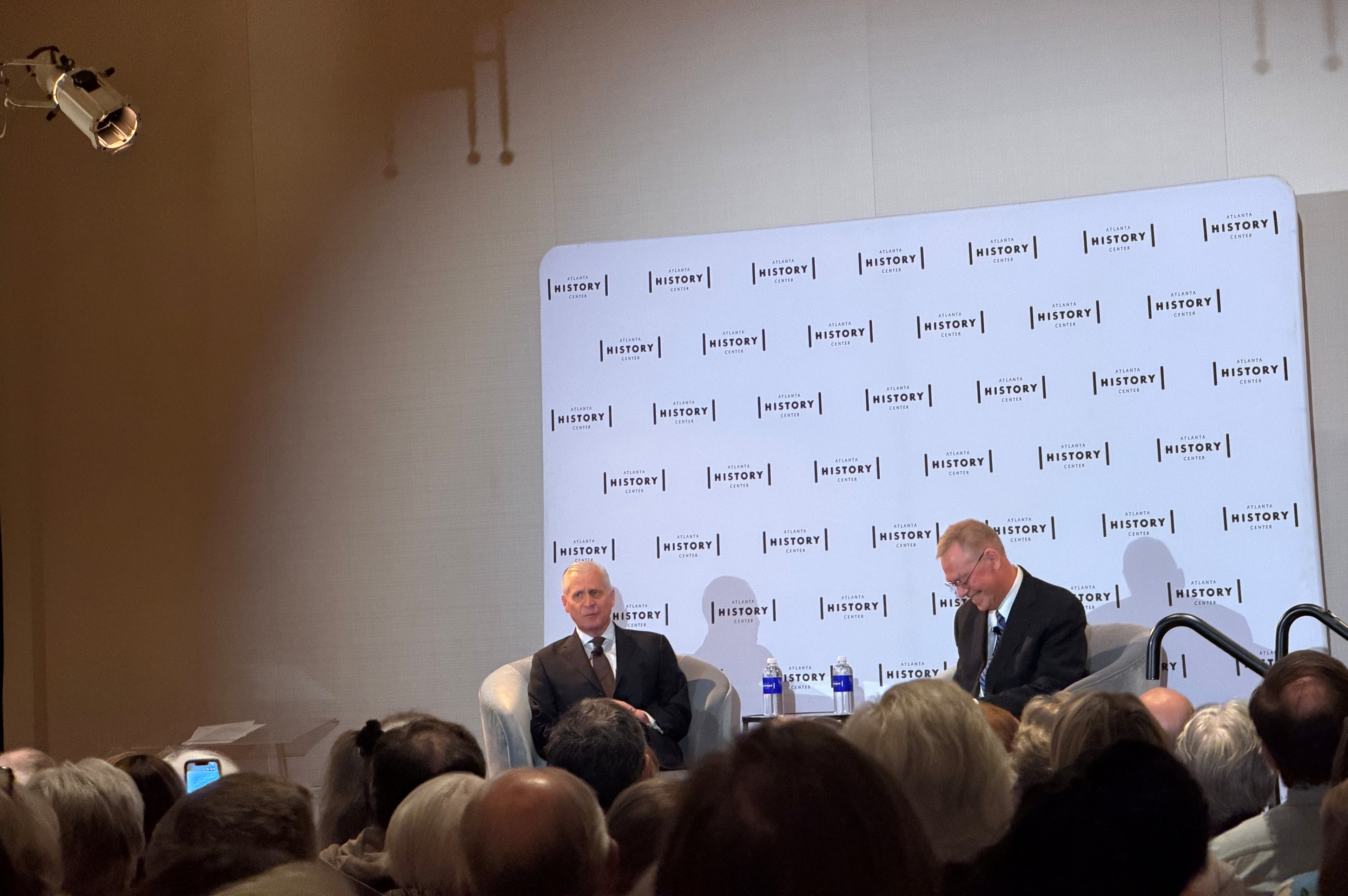In Ferguson, the fires of truth vs. the fires of destruction
Let’s start with the violence:
Rioters and looters, like those now plaguing Ferguson, Mo., are parasites. They attach themselves to those expressing legitimate grievance, and like leeches, they suck credibility from the causes that they use as an excuse for their violence and theft. Of all the various forms of destruction that they wreak, physical destruction is in many ways the least damaging.
It’s also important to point out that the number of rioters and looters is by all accounts small, much smaller than those attempting to conduct honest, peaceful protest not just about the death of Michael Brown, but about the larger issues of police harassment and discrimination. Those issues are real. As the St. Louis Post-Dispatch reports, black drivers stopped by police in Ferguson are almost twice as likely to be searched as white drivers, even though white drivers are 50 percent more likely to possess contraband.
If very few residents of Ferguson were aware of that statistic before Brown’s death, they are acutely aware, many from firsthand experience, about the reality it describes and the feeling of powerlessness that it provokes.
But let’s tell another truth: To a significant degree, that powerlessness is their own fault. Ferguson is almost 70 percent black, yet the mayor and five of the six members of the city council are white, as are 50 of the town’s 53 sworn police officers. You can attribute that to racism if you wish, but black residents in Ferguson have the power to change things, but they haven’t used it.
As Al Sharpton told Ferguson residents in a largely black church Sunday, “You all have got to start voting and showing up. Twelve percent turnout is an insult to your children.”
The truth is even worse than that depicted by Sharpton. In the most recent municipal election in Ferguson, held in April 2013, turnout was indeed less than 12 percent. But among black voters, it was just 6 percent. Getting people to express their frustration through the ballot box rather than on the streets is essential, which is why voter registration sites have been established at the site of the burnt-out QT store in Ferguson and at the site where Brown was shot.
Nonetheless, Matt Wills, executive director of the Missouri Republican Party, pronounced himself deeply offended.
“If that’s not fanning the political flames, I don’t know what is,” Wills told the Breitbart website. “I think it’s not only disgusting but completely inappropriate.” Wills went on to complain that “injecting race into this conversation and into this tragedy not only is not helpful, but it doesn’t help a continued conversation of justice and peace.”
That’s just stunning. There’s no more need to “inject race” into this situation than there is to inject salt water into the ocean. It has been about race from the very beginning, and long before the beginning. Ron Johnson, the Missouri Highway Patrol captain who has attempted valiantly to serve as a bridge between law enforcement and the black community of Ferguson, put it aptly.
“When this is over,” he told a crowd Sunday, “I’m going to go in my son’s room — my black son, who wears his pants sagging, who wears his hat cocked to the side, got tattoos on his arms … but that’s my baby.”


